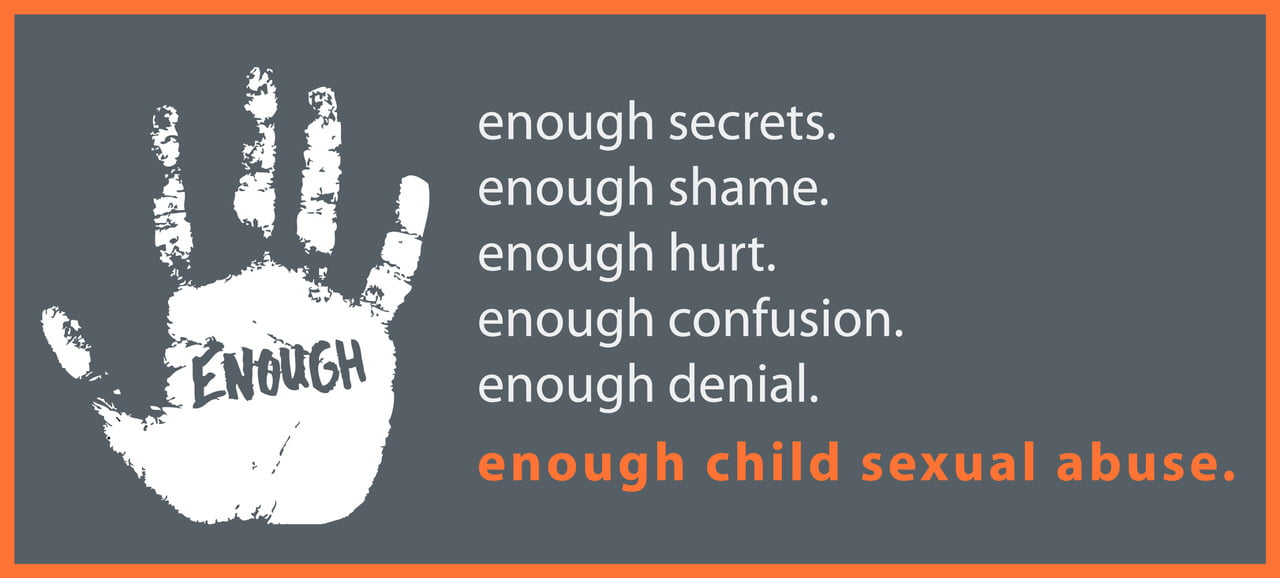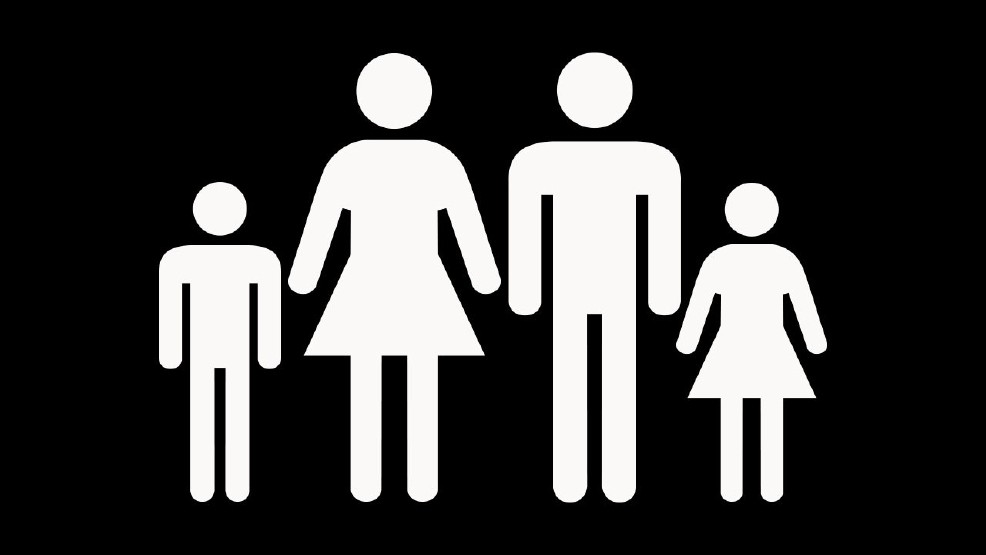The recent case of former French diplomat Pascal Mazurier, who is reported to have sexually assaulted his one-year-nine-months old daughter has taken the media by storm. The case which has been running for the last five years has now created further outrage within some sections of the media due to the accused’s acquittal.
Pascal’s wife, Suja Jones, has been fighting the battle against the accused as well as society at large, for 5 long years now. On 19th April 2017, the accused, who was charged with Section 376 of the Indian Penal Code, was acquitted of the charges. The conclusive reason for acquittal was that the allegations for rape were not substantiated by forensic tests since the DNA sample presented did not match the semen found on the child’s clothes. The nature of evidences that were considered in order to develop and declare the judgment was quite disturbing.
The 36 page judgement of the case shows how problematic it is in nature. From alleging that Suja used her daughter as a “weapon” to stop Mazurier from leaving India and to trap him. The Judge BS Rekha insinuated that the child hadn’t been abused at all, and that it was a urinary infection that had caused the pain despite child specialists saying that the child showed clear signs of sexual abuse.
The verdict did not stop at that, it also brought up irrelevant details about Suja’s life like how Jones went to clubs in France and Bangalore with male friends, spent a lot of money, and how Mazurier disapproved of the clothes she wore. According to the judge all these were examples of how “… this complainant is in the habit of leading her life by spending her time in parties.” Why was the moral judgement on Suja’s character or lifestyle necessary or relevant?
Apart from reflecting the patriarchal assumptions made by the law, the judgement raises a number of questions in our mind, one of which is, if the DNA evidence is to be destroyed as per the judge’s instructions, then is that an attempt to prevent Suja from seeking further justice? As Suja prepares to challenge the verdict in the Karnataka High Court, we take you through the malignment that she has been facing since the beginning of the case, as communicated to us in an email interview with Suja Jones.
Since the beginning of the case, Suja’s personal life and her character have been maligned in the court in order to prove how she was not a good mother.
Victim blaming is a popular practice within the Indian society. There have been a flurry of sexual assault cases which put the blame on the victim – thereby making them further vulnerable to harassment within the society. In this case however, the victim being a child, the blame has to be shifted to someone else! Since it’s the mother’s ‘job‘ to primarily take care of the child and heed her upbringing, hence it has to be the mother who has to take in the blame for the crime. That is what has happened to Suja Jones as well.
Since the beginning of the case, Suja’s personal life and her character have been maligned in the court in order to prove how she was not a good mother. Thus, the focus was shifted from the crime and the accused and often diverted to how the mother is falsely accusing her husband for a crime that he didn’t even commit.
From the very first time when Suja came to realise that something was wrong in her household, she became restless. She explained how her daughter would make gestures trying to tell her something, which raised suspicion in her mind. In our email interview with Suja, she told us, “My daughter was about a year and nine months old at that time. That was when I started suspecting something. She would say with her baby words that her father was hurting her in her private parts.”
After being in denial for some time, Suja finally decided she must find out what her daughter was trying to tell her. Consecutive conversations with different doctors revealed that there was possibility of sexual assault. One of the reports stated that the kind of lacerations which the child had resembed those of sexual abuse. Suja initially found it difficult to believe that the father of her three children was capable of sexually abusing their daughter.
In order to confirm that there was no mistake, Suja consulted Dr. Shaibya Saldanha who specialised in Child Protection on behalf of Enfold Trust. After speaking to her daughter for an hour, Dr. Saldanha confirmed that the child was being sexually abused by her father. She then suggested her to go to National Institute Of Mental Health and Neurosciences (NIMHANS) and see a child psychiatrist. Suja was then advised to take her daughter for counselling.
“You should have sent your daughter to boarding school. That way you could have saved your marriage.”
All this while Suja was trying to understand what had happened to her daughter and what she was trying to say. When she learnt what had happened, she decided to fight for her daughter. But to fight such a traumatic battle one needed support and encouragement.
“My school friends have been really supportive in different ways,” wrote Suja. “But I have mostly received “prayers” and “good wishes” from my family”, she explains. Their support however, was limited to “good wishes” alone. The “advice” she reported receiving from different people, however, was outrageous.
The most common question Suja was faced with was: “But what do you hope to gain by trying to fight for justice?” Two friends suggested to Suja that she’d made a mistake. “You know what you should have done? You should have sent your daughter to boarding school. That way you could have saved your marriage.” Some even went on to question the authenticity of her daughter’s claim, “Are you sure your husband did that? Maybe once, by mistake…”
The victim-blaming was relentless. Some advised her to reach a “compromise” with her husband. The situation got so bad for Suja that her neighbours began to distance themselves from her, and questioning her intentions for fighting for justice for her daughter.
“Are you sure your husband did that? Maybe once, by mistake.”
Both the Church as well as the Consulate have allegedly tried to influence Suja. She wrote of an incident where two nuns who worked at the prison Pascal was deterred in, sent by the accused and the French Consul himself, came to her house to try and convince her to reach an understanding with him, saying, “If he confesses to God then there is no need for him to confess before a magistrate.”
What is to be observed and analysed here, is how the media and other institutions have framed Suja as the bad person, who is creating trouble for a “family matter” which can be solved behind closed doors. Child sexual abuse is a crime which society tries to suppress with its utmost power. Quite similar to many of the “well-wishers” that have advised Suja, Indian society at large believes that crimes which happen within families should be kept within them and not brought out into the world.
The world becomes uncomfortable when these issues are dug out into the open from the realms of the household. The society as a unit needs its fundamental block, the family, to function smoothly so as to help the entire mechanism of the society to run properly. Hence, when the family becomes ridden with problems then the entire society is liable to vulnerability. Thus it is preferable for the society if the problems of the family are not brought out into the open.
“If he confesses to God, then there is no need for him to confess before a magistrate.”
The person who brings such issues to fore receives a lot of hatred from society, especially the media, and this is what has happened with Suja as well. The media has constantly tried to shame her for fighting this battle with headlines such as “Pascal’s wife uses child as weapon“.
Suja explains, “My issue with the media is with them painting me as a villain, simply based on his quotes. They make wild allegations against me based on no evidence – just his words!” Such generalized sweeping statements often overlook the facts that are present and thereby present a biased angle to the readers, thereby misinforming them.
Suja however has prepared herself for the long haul. Her faith in the justice system has shaken but not crumbled. She is going to continue her fight, despite whatever allegations that are thrust upon her by the mainstream media and society at large. She is determined to achieve justice for her daughter and we at Feminism In India strongly support her fight.
Also Read: The Silence We Carry: Child Sexual Abuse and Mental Health
About the author(s)
Megha has done her Masters in Women’s Studies from TISS, Hyderabad. She enjoys reading, writing and research on feminism, culture and social issues. She is a Bong and foodie. She tweets @marik_megha.




